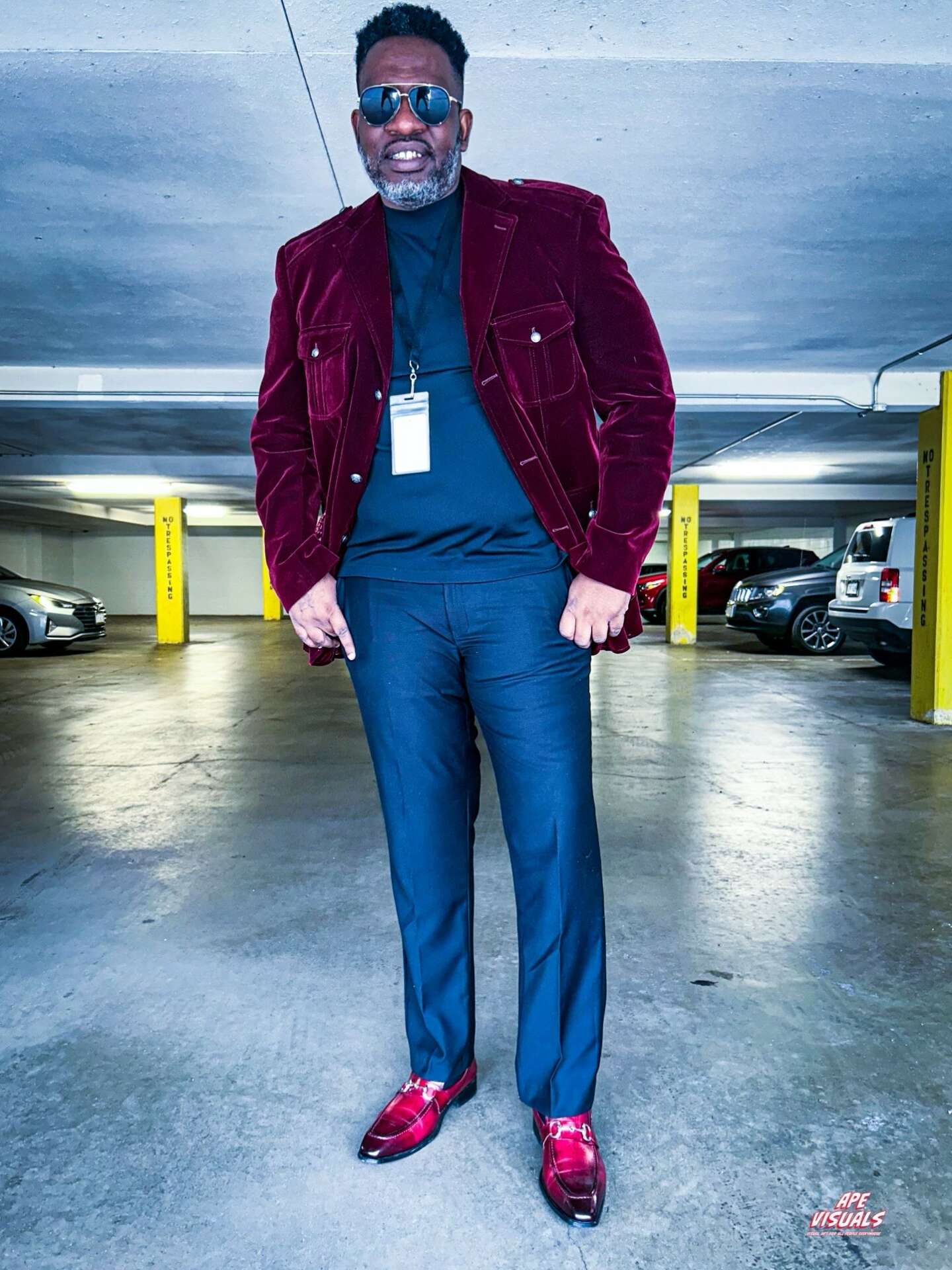Alright – so today we’ve got the honor of introducing you to Thomas Mundy. We think you’ll enjoy our conversation, we’ve shared it below.
Thomas, looking forward to hearing all of your stories today. What’s one of the most important lessons you learned in school?
I went to prison for 13 years for distributing narcotics. While in prison I took a class on Restorative Justice. While attending this class I learned about “The Ripple Effect” or unintended consequences of our actions and why restorative justice is important. Prior to taking that course I thought that I’d committed a victimless crime, and I found out otherwise. My crime consisted of people purchasing drugs of their own free will, but I never thought of the children who went without food cause i purchased the food stamp card, the psychological trauma etc. so the family unit and community were my unintended victims which led me to doing the work I’m currently doing which is restoring the communities I robbed of its resources.
Thomas, love having you share your insights with us. Before we ask you more questions, maybe you can take a moment to introduce yourself to our readers who might have missed our earlier conversations?
I started an organization called F.R.E.E. Which stands for finding redemption thru enlightening and education, and I provide consulting services to agencies and organizations on community engagement, also I do Substance Abuse Peer Support as well as connect people returning to society after incarceration to available State and local resources. I got into this business by at first doing random acts of community activism which led me to meeting Director Latiesha Gordon, who gave me my first job in the nonprofit sector. I have served as her Outreach Coordinator for 3 years now, and after starting my own organization we now partner on several ventures. What sets my service apart from other providers is that I’ve intimate knowledge of the challenges of not only the reentry population, but the Substance Use population as well because of lived experience, which enables me to come up with new and creative approaches to these two specific challenges. The thing that I’m most proud of is having had the ability to teach the young guys in the street the importance of taking care of the community and giving them hope of having a better life after the mistakes. They see me as evolution, what life can look like when they decide to make better choices as far as their involvement in the streets.
Let’s talk about resilience next – do you have a story you can share with us?
The biggest challenge in this business is trying not to burn out. Community work is more often than not a thankless, low paying job, where you tasked with having to absorb the pain of so many while struggling yourself to stay solvent. I can remember struggling to pay my bills and considering a career change when a guy that I had helped when he came home from prison ran into me at the grocery store. He told me how much I had helped him to reestablish himself, he was actually doing better than I was which I found to be pleasantly ironic, but knowing that I had impacted someone in a tangible way gave me what I needed to stay in this line of business.
Can you tell us the story behind how you met your business partner?
My business partner is LeTeisha Gordon of A Better Day Than Yesterday. When I first came home from prison I was party promoting profitably, and because I was thankful for my blessings I would trickle some of my proceeds back into the community. I kept running into her out in the field and admired her passion and structure, and wanted to learn from her. I reached out to her on social media to ask for a meeting, which she tried to put off for a later date and at which time I forcefully asked for an immediate meeting 😂, and I’ve been with her 3 years to date. Initially as an employee, but today I’m in a partnership with her.
Contact Info:
- Instagram: @tomcreated
- Facebook: Thomas Mundy
- Youtube: Speakonitrva
Image Credits
Thomas Mundy, Letiesha Gordon


